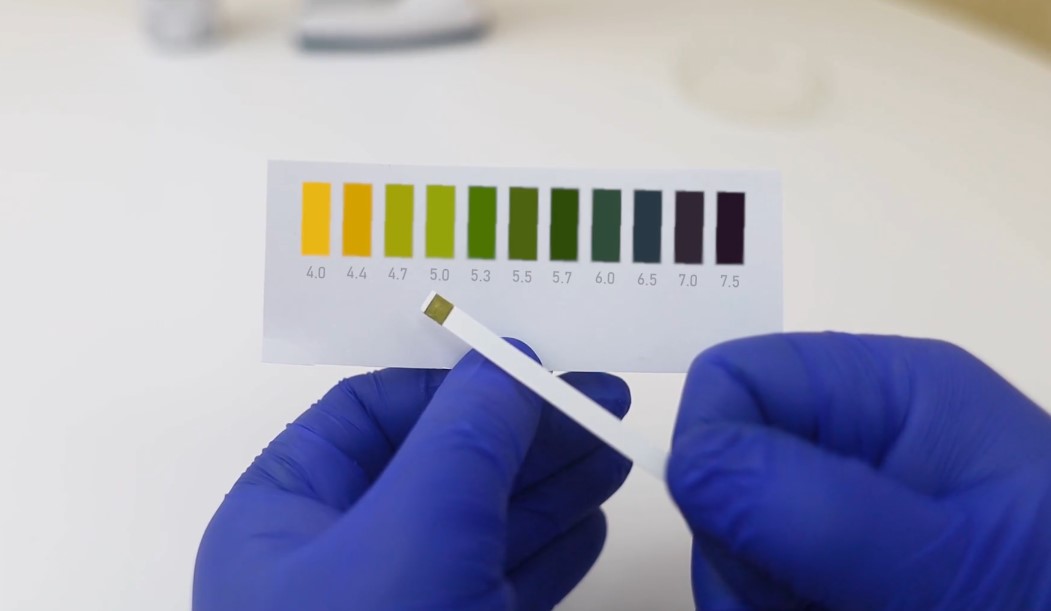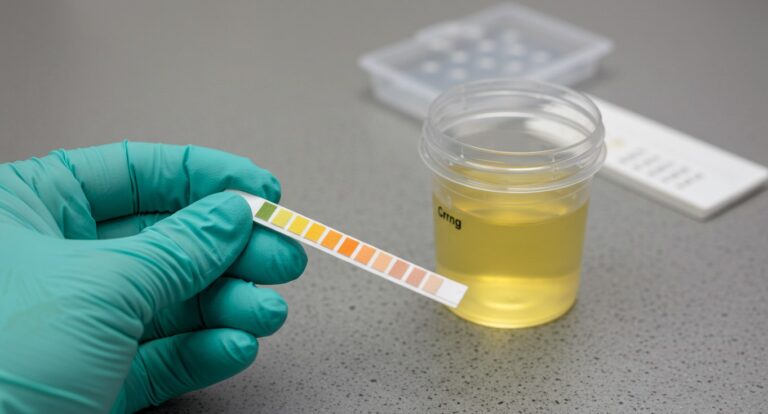Maintaining a balanced pH level in your body is crucial for overall health and well-being. pH, which stands for potential hydrogen, measures the acidity or alkalinity of your bodily fluids and tissues. When your pH levels are out of balance, it can create a cascade of health issues that affect how you feel and function daily.
Understanding the common symptoms of pH imbalance is vital, as they can indicate underlying health conditions that may require attention. Additionally, various supplements can play a significant role in correcting these imbalances, helping to restore your body’s natural acid-base balance.
Your body generally regulates its pH levels efficiently, primarily through your kidneys and respiratory system. However, factors like diet, lifestyle choices, and certain medical conditions can disrupt this regulation, leading to an array of pH imbalance symptoms.
Understanding pH Imbalance and Its Causes

A pH imbalance occurs when the body’s acid-base balance falls outside its normal range, usually between 7.35 and 7.45. This disruption can greatly impact your overall health, affecting processes such as digestion, hormone regulation, and metabolism. A healthy system tends to maintain a slightly alkaline state, and any deviation can lead to acidosis if the pH is too low or alkalosis if it is too high.
What is pH Imbalance?
Your body constantly works to maintain a stable acid-base balance, which is essential for proper function. An imbalance may indicate underlying health issues or lifestyle choices that require attention. Identifying pH imbalances is crucial, as they can lead to various health problems, especially regarding your digestive health and energy levels.
Common Causes of pH Imbalance
Several factors contribute to the causes of pH imbalance, including:
- Chronic health conditions, such as kidney or liver disorders, play a significant role. Over 50% of pH imbalances stem from these issues.
- Dehydration can lead to temporary shifts in pH.
- Intense physical activity may alter your body’s acid-base balance.
- Dietary choices, particularly high intakes of refined sugars and alcohol, can disturb your pH levels.
- For individuals with type 1 diabetes, the risk of developing pH imbalances increases, notably due to conditions like diabetic ketoacidosis.
Understanding these causes is essential for addressing and mitigating pH imbalances.
| Cause | Impact on pH Levels | Health Implications |
|---|---|---|
| Chronic Conditions | Can lead to a persistent imbalance | Increased risk of complications |
| Dehydration | Causes temporary imbalance | Fatigue, dizziness |
| Intense Exercise | May result in metabolic acidosis | Nausea, muscle fatigue |
| Poor Diet | Affects acid-base harmonization | Digestive issues, energy dips |
| Type 1 Diabetes | Increases risk for diabetic acidosis | Fruity breath, frequent urination |
Recognizing these causes of pH imbalance helps you take proactive steps towards maintaining a healthier lifestyle and ensures your body functions optimally.
Common Symptoms of pH Imbalance

Recognizing the symptoms associated with pH imbalance is crucial for maintaining optimal health. Variations in pH levels can lead to various health issues, and understanding these symptoms can prompt timely medical intervention and lifestyle changes. Two significant pH disorders include acidosis and alkalosis, each presenting a distinct set of symptoms that can greatly impact your well-being.
Symptoms of Acidosis
Acidosis occurs when the body accumulates excess acid or when bicarbonate levels drop. Common symptoms of acidosis include:
- Fatigue
- Nausea
- Confusion
- Vomiting
- Headaches
These symptoms are frequently associated with conditions like lactic acidosis or respiratory acidosis, which can disrupt pH levels and health.
Symptoms of Alkalosis
View this post on Instagram
Alkalosis develops when the body becomes overly alkaline, leading to imbalance. The following symptoms may indicate alkalosis:
- Muscle spasms
- Headaches
- Confusion
- Loss of appetite
- Tingling in extremities
Understanding the symptoms of alkalosis can help you address pH disorders early.
| Symptom | Acidosis | Alkalosis |
|---|---|---|
| Fatigue | ✔ | ✖ |
| Nausea | ✔ | ✖ |
| Confusion | ✔ | ✔ |
| Headaches | ✔ | ✔ |
| Vomiting | ✔ | ✖ |
| Muscle spasms | ✖ | ✔ |
| Loss of appetite | ✖ | ✔ |
Conclusion
Maintaining an appropriate pH level is essential for overall health and well-being. Recognizing the symptoms of pH imbalance early allows you to take proactive steps toward pH correction, which often includes dietary adjustments and the incorporation of health supplements. Embracing pH balance tips, such as staying well-hydrated, consuming an alkaline diet rich in fruits and vegetables, and avoiding excessive intake of sugar and alcohol, can significantly impact your body’s alkalinity.
In women, the vaginal pH normally ranges from 3.8 to 4.5, but fluctuations can occur due to factors like age and hormonal changes. Post-menopausal women may observe an increase in their vaginal pH, making them more vulnerable to infections. Engaging in protective measures, such as using probiotics like Flora Bloom Probiotics for Women or boric acid suppositories, can help restore balance and mitigate the risk of infections.
Ultimately, understanding and managing your body’s pH balance is pivotal for enhancing wellness.

